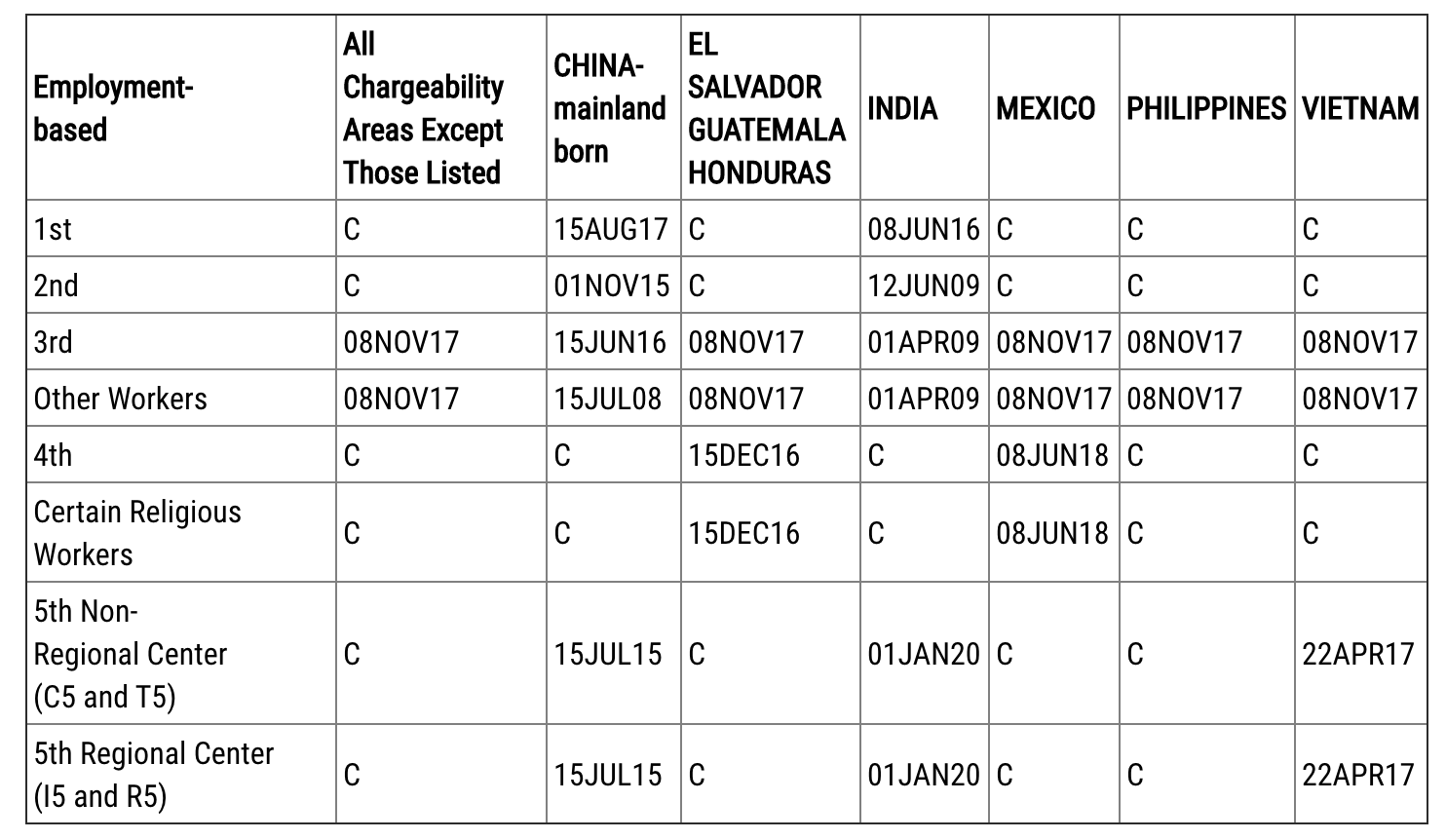The Trump administration is setting their sights on a new enemy: students and researchers of the People’s Republic of China. A new presidential proclamation, “Proclamation on the Suspension of Entry as Nonimmigrants of Certain Students and Researchers from the People’s Republic of China,” issued on May 29, 2020, will temporarily suspend the entry into the United States of Chinese nationals seeking to enter the United States on an F or J visa to study or conduct research in the United States, except for student seeking to pursue an undergraduate course of study. The proclamation goes into effect at 12:00 pm (ET) today June 1, 2020 and will remain in effect until terminated by the President.
Specifically, the proclamation limits the People’s Liberation Army’s (PLA) ability to misuse nonimmigrant F student and J researcher visa programs.
Who will be suspended?
F or J Chinese nationals entering to study or conduct research in the United States and who either
- Currently “receive funding from or who currently is employed by, studies at, or conducts research at or on behalf of… an entity in the PRC that implements or supports the PRC’s ‘military-civil fusion strategy’,” or
- In the past “has been employed by, studied at, or conducted research at or on behalf of… an entity in the PRC that implements or supports the PRC’s ‘military-civil fusion strategy'”
The proclamation defines “military-civil fusion strategy” as “actions by or at the behest of the PRC to acquire and divert foreign technologies, specifically critical and emerging technologies, to incorporate into and advance the PRC’s military capabilities.”
Section 1 exempts F and J undergraduate students from the proclamation. In addition, graduate students and researchers are also exempt from the proclamation if they do not have any of the specific current or past funding, employment, study, or research nexuses with “an entity in the PRC that implements or supports the PRC’s ‘military-civil fusion strategy’.”
Why the Proclamation?
The proclamation was issued to protect the country’s national and economic security from attempts by the People’s Republic of China “to illicitly acquire American technology and intellectual property from our academic institution and research facilities for Chinese military ends.”
According to the Department of State, “[the country’s] concern is with the malign actions of the Chinese Communist Party and specific individuals, not with the Chinese people.” These actions were made as “a direct consequence of PRC government strategies and policies that exploit the access of some of China’s brightest graduate students and researchers, in targeted fields, to divert and steal sensitive technologies and intellectual property from U.S. institutions, taking undue advantage of our [country’s] open and collaborative academic and research environment.”
The U.S. government is particularly concerned that U.S. graduate students and researches will be targeted, co-opted, and exploited by the government of the People’s Republic of China for military gain.
 Visa Lawyer Blog
Visa Lawyer Blog













